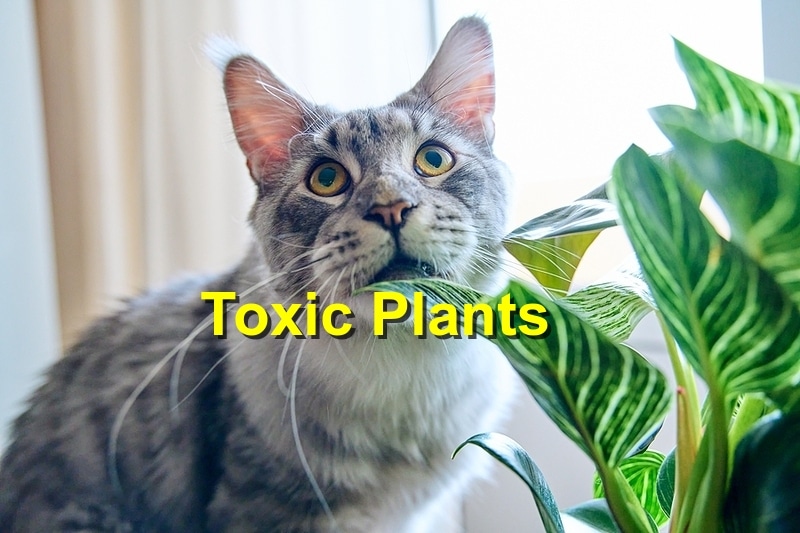Common Houseplants Which are Poisonous to Cats

Keeping a cat indoors and having houseplants can be a tricky affair, especially considering that quite a few are particularly toxic to kitties. Luckily for you, we have researched and compiled a list of some of the most common potentially toxic plants to cats that you should be on the lookout for. Here's a quick primer on that.
- Lilies
Lilies are some of the most common houseplants that are poisonous to cats. It does not help that there are quite a few types of lilies, including Daylilies, Peace lilies, and Asiatic lilies. Remember that these plants are quite common in gift pots and bouquets, making them particularly accessible to domesticated cats. What's more, they are typically passed around as gifts during holidays, particularly around Easter and New Year.
- Aloe Vera
It might come as a surprise that species from the Aloe family are toxic to domestic cats considering that this plant is used to treat rashes, minor burns, and insect bites. Therefore, it may sound ironic that a plant with such a potent medicinal value can be dangerous to cats. However, as much as cats may not die after ingesting some aloe, it can induce severe diarrhea and vomiting, which can result in very dangerous dehydration levels, especially when left untreated.
- Monstera
It is a very common and popular houseplant in most households. There are quite a few species and varieties, and it is characterized by its paddle-shaped leaves that are sometimes mistaken for cut-outs or natural holes, but this does not make it any less dangerous than other toxic plants on this list. And this explains its common name, "Swiss cheese plant". It is known to induce swelling of the gums and mouth and severe irritation of the inner mouth lining in cats when chewed accidentally. It could also cause vomiting and extreme drooling, leading to extreme dehydration if medical attention is not administered promptly.
- Jade Plant
The jade plant's dark green and waxy leaves make it a pretty popular option for homeowners looking for a cute houseplant that can fit squarely in small pots. Nonetheless, it is vital to remember that jade plants can cause weakness, unexplained lethargy, and induce vomiting if your cat accidentally chews it. It can also lead to confusion and loss of coordination, even though a majority of cats are likely to survive after eating this plant after suffering a few moderate to mild symptoms.
https://braseltonervet.com/?p=3605
Comments
Post a Comment